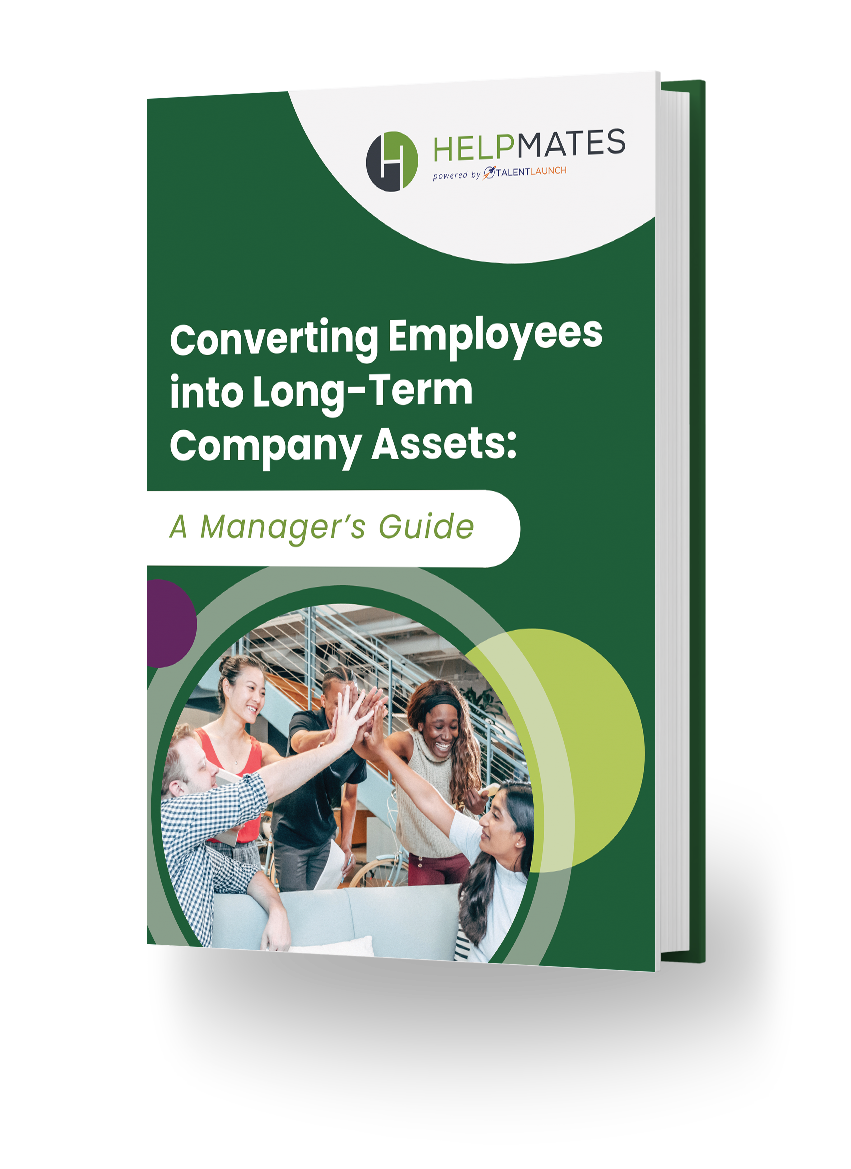With the job market as tight as it is now, employers need to adapt their hiring strategies to a new reality. One challenge employers face when attempting to hire new talent is dealing with counteroffers from their current employer, an entity no doubt anxious to hold on to their good performers.
If you are a hiring manager, you can no longer assume that once you have made an offer and the candidate has accepted it, you have sealed the deal. That is why you need to discuss the possibility of a counteroffer with the candidate at some point.
Counteroffers usually are not something job candidates think about, and so are not well prepared to deal with them. Often, they are flattered that their employer is trying to keep them. They may give the offer serious consideration. After all, they can return to a job they do well and even earn more money doing it, as opposed to moving into a new and uncertain situation.
Your job as a potential employer is to help give them a clearer perspective because, once you examine counteroffers in more detail, they turn out to be more problematic than may appear at first sight.
The first thing the candidate needs to remember is why he decided to leave his job in the first place. It could have been because of a lack of recognition, because the job was no longer challenging, because there was no room for professional growth, or because of differences with a supervisor or coworker. Whatever the reason, the same conditions will still be there if he decides to return.
Another issue the candidate needs to consider is his status at his current company if he returns. It won’t be the same as before – he has attempted to jump ship, and that may change how he is viewed by the management. They know the person was not happy working at the company and eager to escape, and, as a result, may question the person’s loyalty and work ethic if he returns.
Also, it is possible that the former employer is making a counteroffer simply as a stopgap measure until it can find someone else to fill the position – someone more loyal to the company.
And, finally, as a potential employer you need to raise another issue – why did your candidate have to tell his supervisor he was leaving in order to prod the supervisor to increase his salary?
If the person returns, he may always be looked at with some suspicion. If he takes time off, managers will wonder if he is out interviewing at other places. The company may even begin to seriously look at potential replacements because of the possibility that he may decide to bolt again at the first opportunity.
The bottom line is that accepting a counteroffer usually is a bad idea. Studies have verified this, showing that those who do accept them generally end up leaving the company after a relatively short period of time. Bring this information to the attention of the job candidate, getting the person to look not just at the offer itself, but at the implications of that offer down the road.
As a potential employer, you can improve your position with a candidate by bringing up these issues in advance and making the person aware of the downsides of a counteroffer. Doing this, in addition to pointing out the positive things about the job you are offering, will help you land the talent you need.
Speaking of finding talent, contact Helpmates when you need help finding qualified workers for your temporary, temp-to-hire and direct-hire opportunities. Contact the branch nearest you today.






